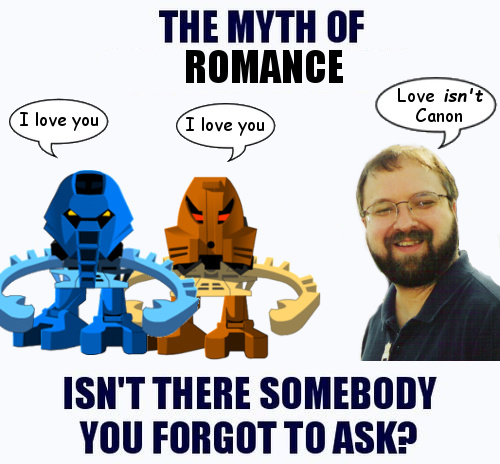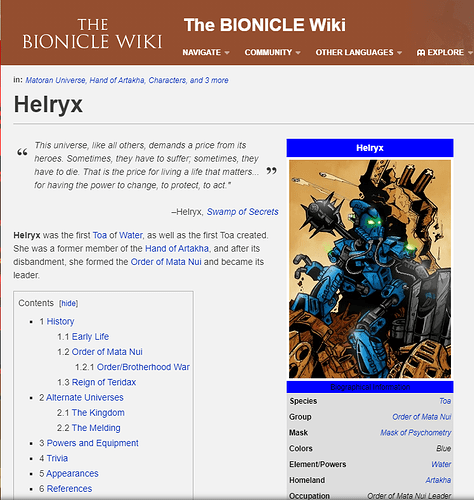Today, we live in a world full of sequels, prequels, spinoffs, remakes, reboots, and goodness knows what else. There’s always the age-old question of “is this movie canon to that movie?” And the studios that make the movies are almost always able to answer that question by saying “Yes, this or that work is canon.”
But fans aren’t always satisfied with those answers.
The Star Wars fandom and the Harry Potter fandom leap readily to mind at this statement. Since Disney has ownership over the Star Wars property, they have officially declared the sequel trilogy as being 100% canon, as well as all the TV shows and spinoffs. But a lot of fans that disliked the sequel trilogy aren’t having it, saying that the sequels are a “disgrace to Star Wars” and that they shouldn’t be a part of the Star Wars universe. I’ve even heard a few people say that they don’t see the prequels as canon, since they apparently want the original trilogy and the original trilogy only to be canon.
And with Harry Potter, we find the case of the Cursed Child play. Despite critical acclaim, the play’s published script was widely panned by fans who said similar things: The Cursed Child didn’t do the characters right, it disrespected the lore, yada yada. J. K. Rowling openly declared that yes, The Cursed Child is canon, but she might as well have spoken to a brick wall. Harry Potter fans insist that the play isn’t canon. I even read one Amazon review where the reviewer was so angry at the book, they ripped their copy to shreds so that they wouldn’t be tempted to read it again.
So yeah. Even though the content creators, or the IP owners, technically have control over the canonicity of their works, their fans don’t always listen. Of course, there are some people (like myself) who do indeed accept that the Star Wars sequel trilogy and Harry Potter And The Cursed Child are canon. Perhaps part of it is because I actually really enjoyed those works, but the fact is still the same: I am in a minority.
But there is another case where the situation is…different? The case I’m referring to is with the live-action Transformers movies, specifically Bumblebee. For those of you who don’t know, Bumblebee was announced and developed as a prequel to the Michael Bay movies, and for a long time, that’s what it was marketed as. But then Hasbro and Paramount started to drop hints that it could actually be a reboot, and when the movie actually came out, it was a sort of half prequel-half reboot; a preboot, if you will. Then, some time after the movie came out, Hasbro said that Bumblebee was part of a new series of Transformers stories. A lot of people were overjoyed that Bumblebee was a “reboot,” because they’d wanted a Transformers movie reboot for quite some time. But the thing is, Hasbro and Paramount didn’t actually use the term “reboot.” If I recall correctly, their wording was “new storytelling universe,” which could mean a lot of things. It could mean a full-on reboot with no connection to the previous movies, it could mean an X-Men: First Class kind of deal, or it could be an extension of the universe that the previous movies established. Whatever the case, Hasbro has always been pretty open-ended with what they said about Bumblebee. And when a deal-maker leaves things open to interpretation, it’s entirely possible for people to read it in a more beneficial way that what will actually happen.
To be fair, the many Transformers fans that interpreted Hasbro’s announcement to mean that Bumblebee was a reboot weren’t 100% wrong. If the rumors are anything to go by, the Transformers movies in development will ignore the events of the first five movies that supposedly take place after Bumblebee.
But that kind of ties into my thesis: it’s that fandoms conform the canonicity of movies, books, games, and TV shows to what they want to be canon. Deep down, they don’t care what the “higher ups” say-they choose what they want to see as canon. It can be argued that that’s hypocritical-people will accept the studio’s statements that this work is canon, but they’ll disregard the studio’s statement that this other work is canon-but really, there’s nothing fundamentally wrong with having a “headcanon.” Like, you can have your own personal interpretation of how this or that movie connects with another movie. And if that helps you enjoy the movies you want to enjoy, well…then good on you.
 )
)
